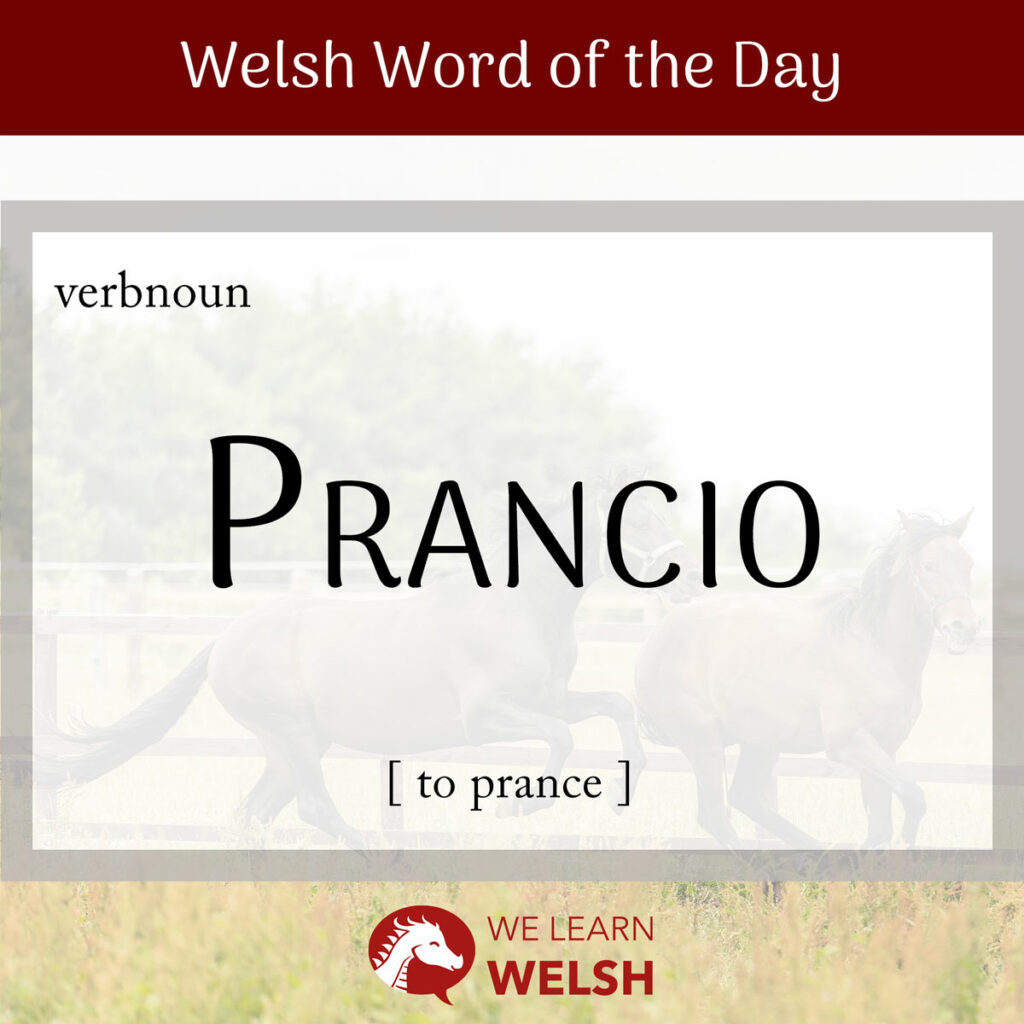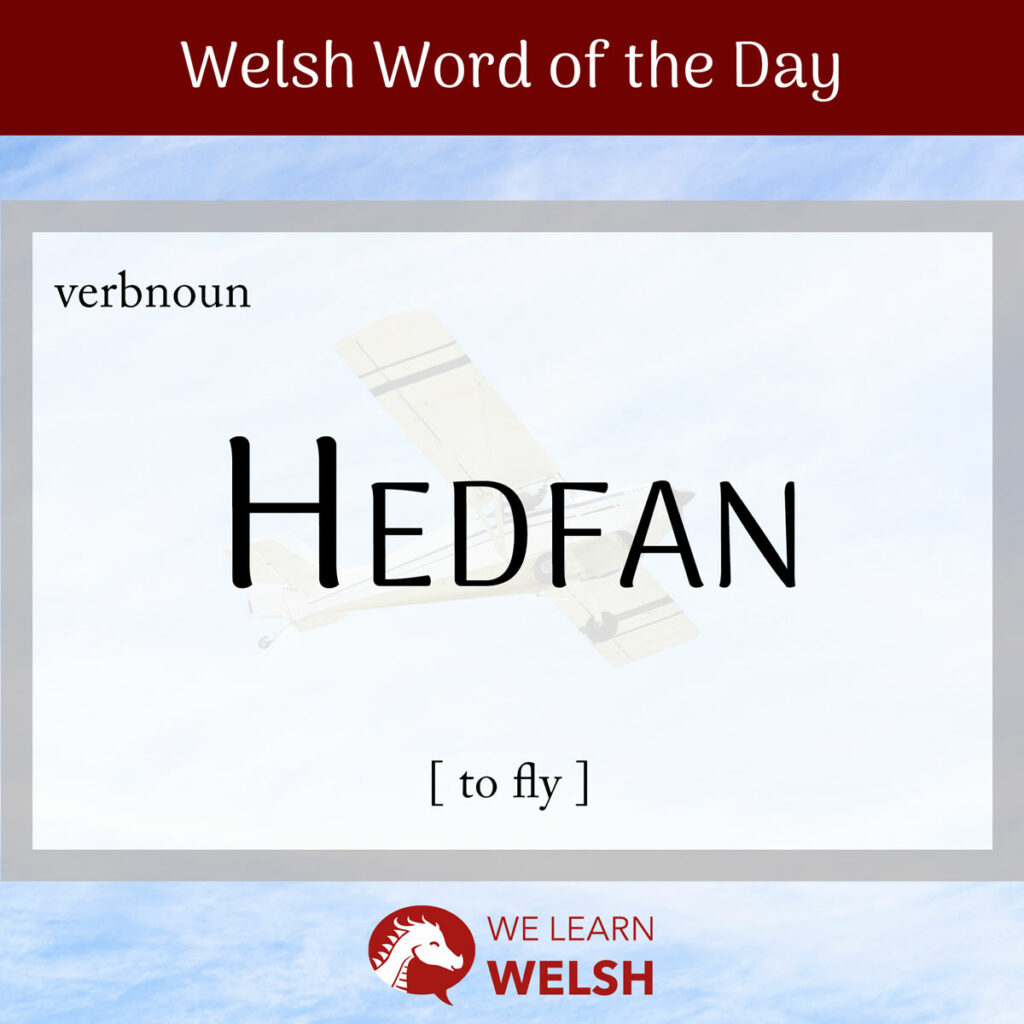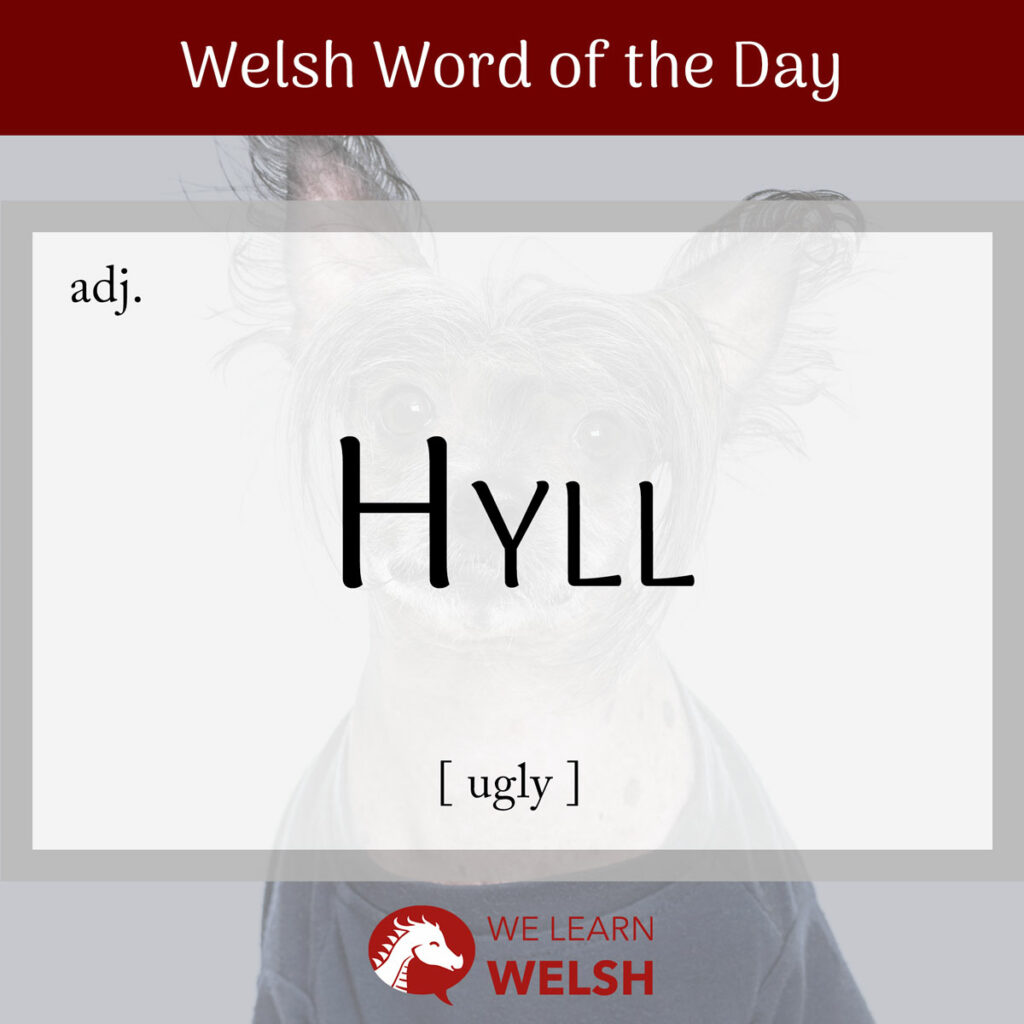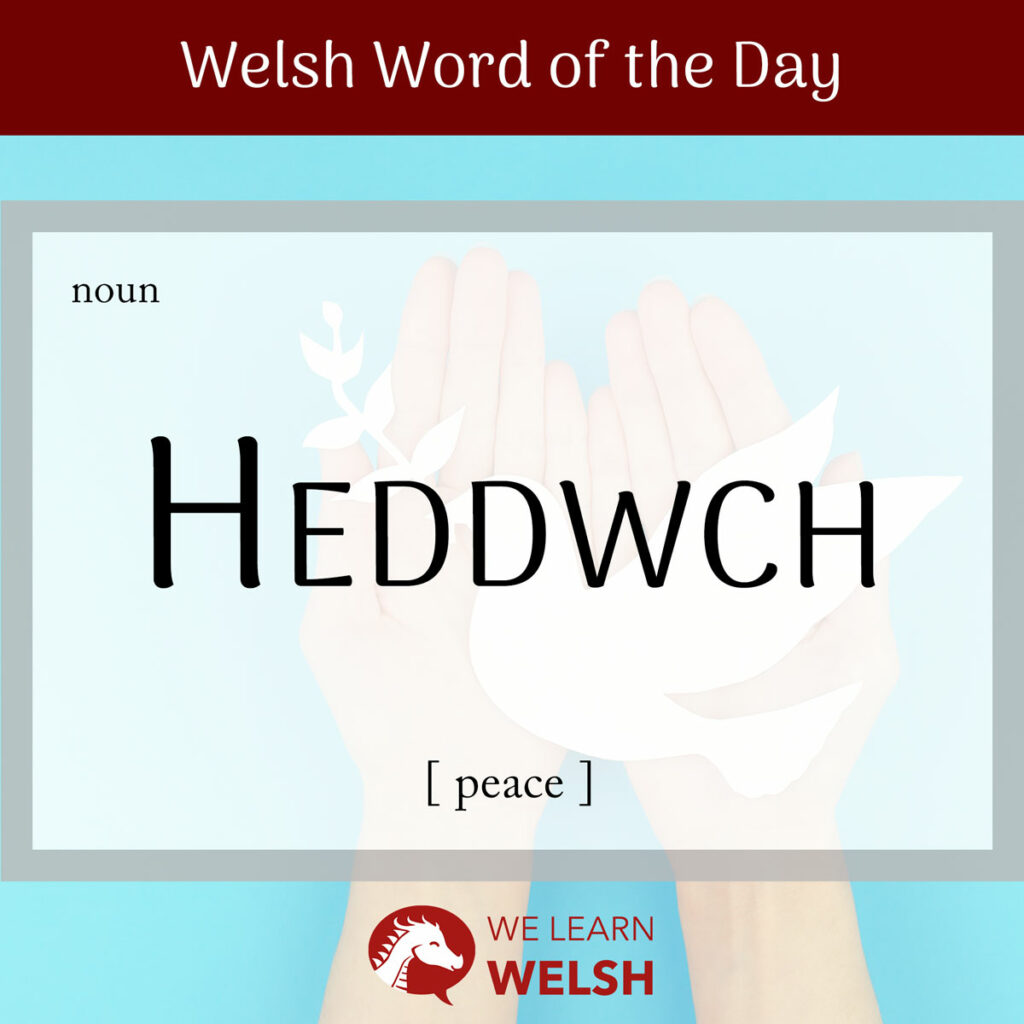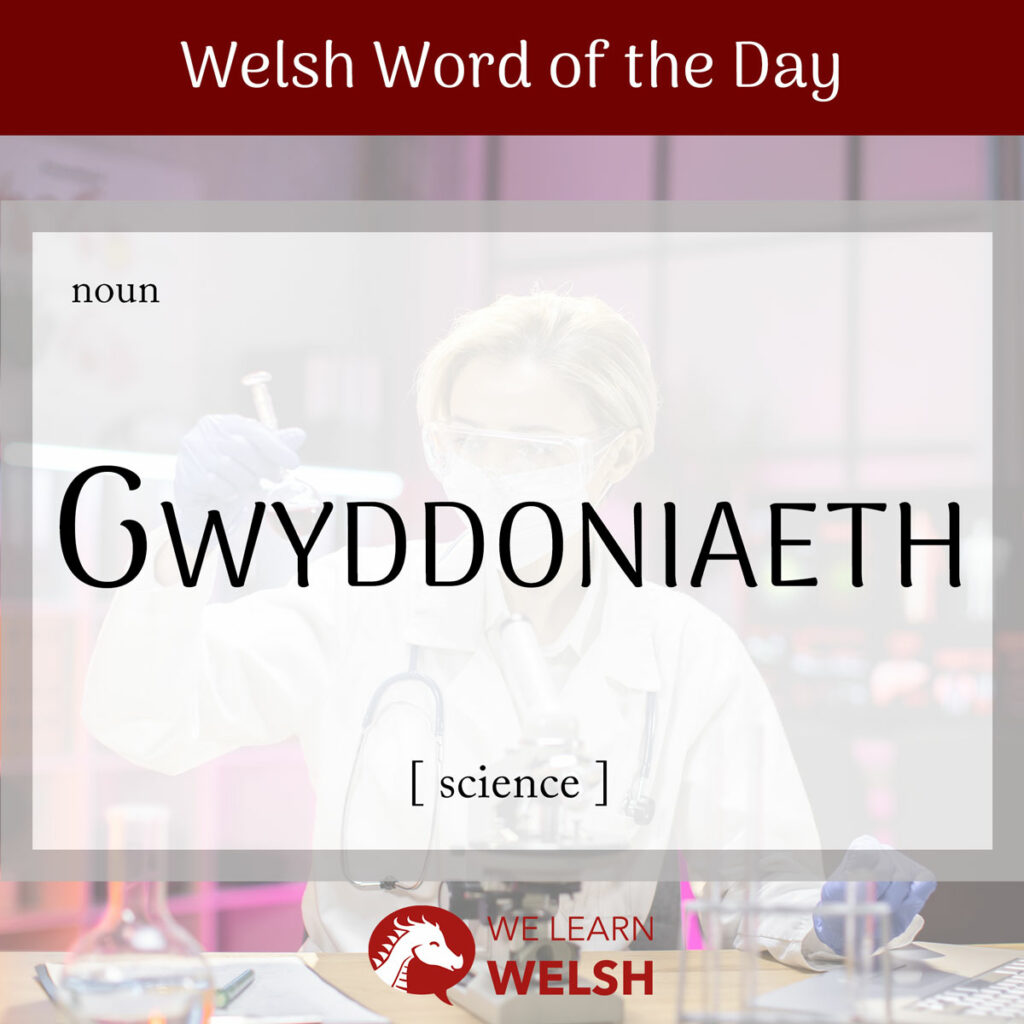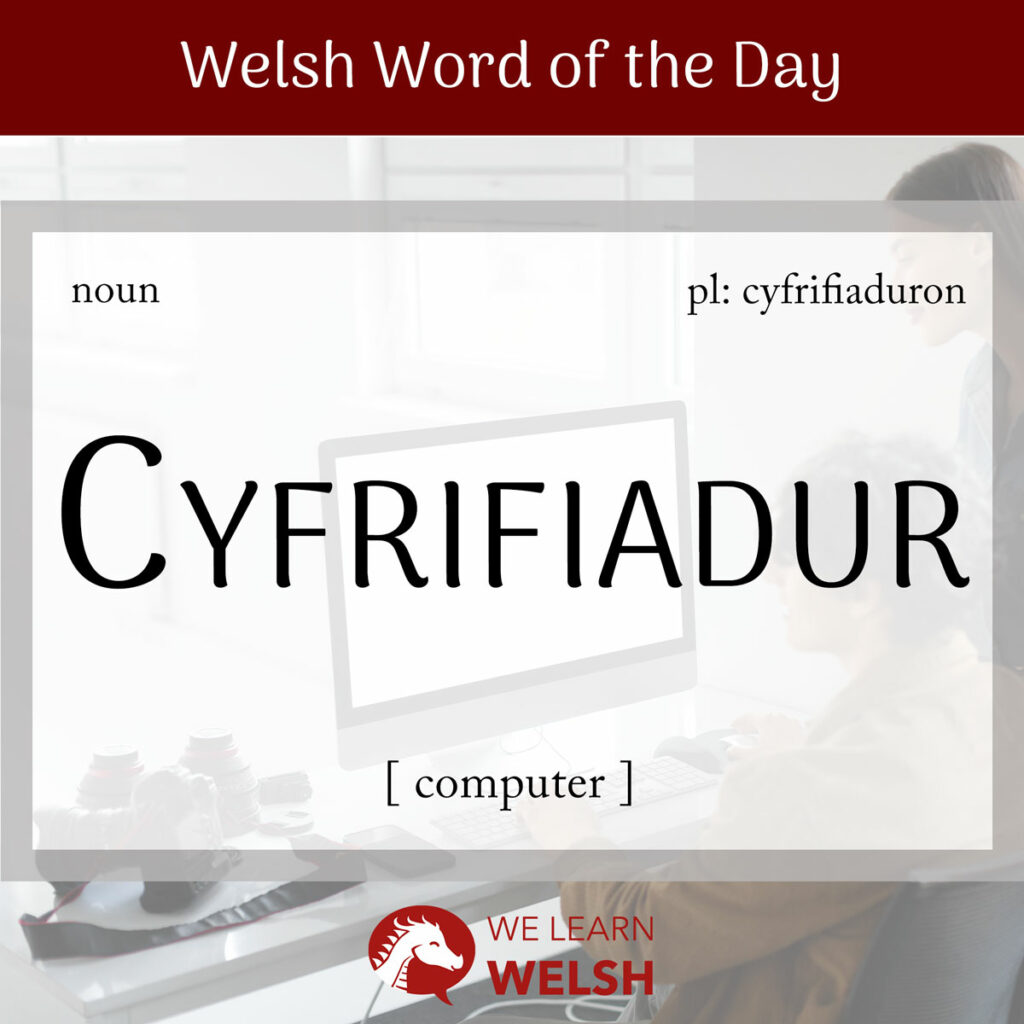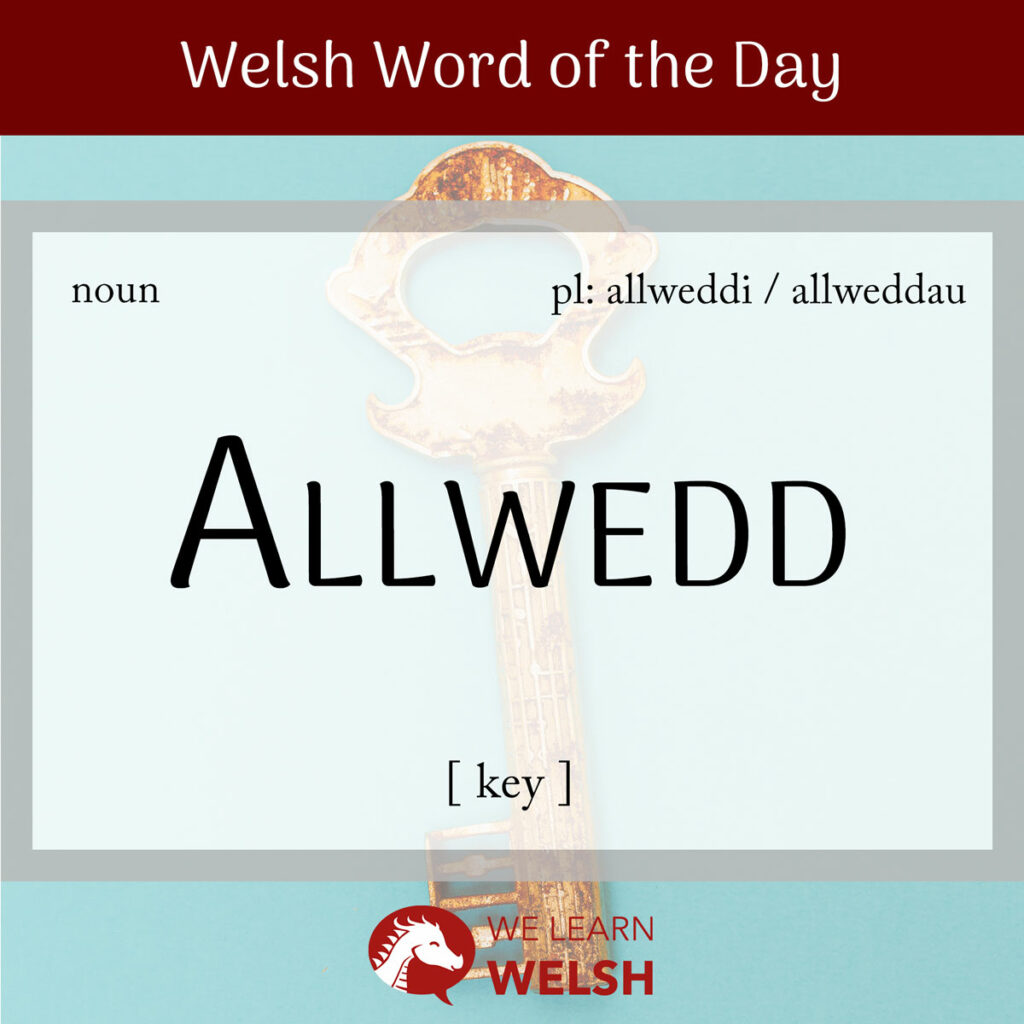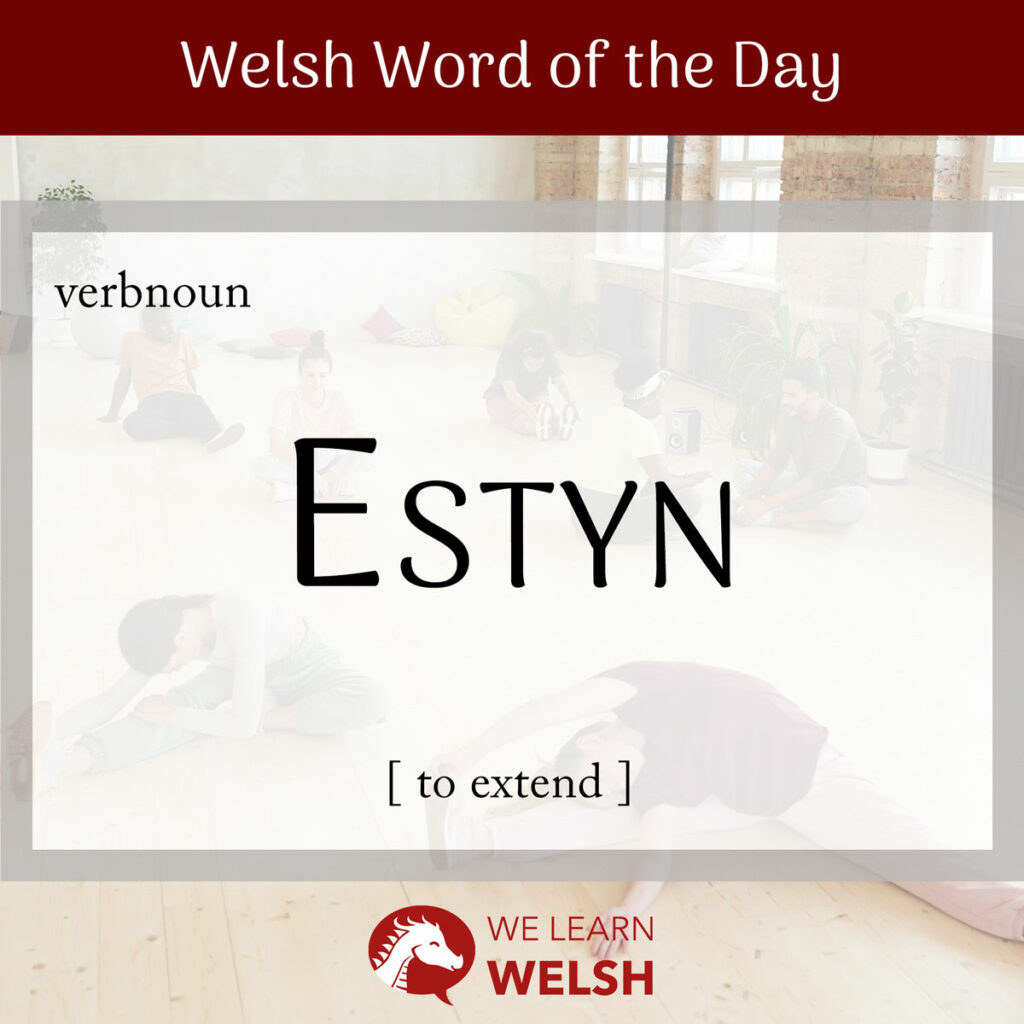Welsh Word of the Day: Prancio (to prance)
My parents’ house is surrounded by porfeydd (grazing fields). I’m quite fond of stopping to converse with the defaid (sheep) that occupy them any time of year – but it’s hard not to be biased towards gwanwyn (springtime), when the ŵyn (lambs) are at their liveliest. There’s this specific little naid (jump) I’ve noticed ŵyn …

